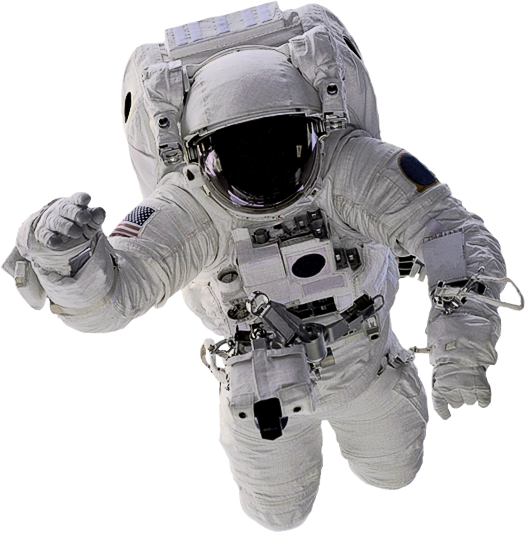


solar system consists of the Sun, eight planets, moons, asteroids, and comets, orbiting in space.

A black hole is a region in space with intense gravity, where nothing, not even light, can escape its pull.

Earth is the third planet from the Sun, supporting life with water, atmosphere, diverse ecosystems, and a dynamic climate.

Stars are luminous spheres of gas, primarily hydrogen and helium, generating energy through nuclear fusion, powering galaxies.

A nebula is a vast cloud of gas and dust in space, often a stellar nursery where stars are born.

A galaxy is a massive collection of stars, planets, gas, and dark matter, held together by gravity, spanning vast distances.
In space, gravity is the fundamental force that governs the attraction between celestial bodies. It keeps planets in orbit around stars, moons around planets, and influences the formation and structure of galaxies. Every mass exerts a gravitational pull, with larger masses, like stars and planets, having a more substantial effect. Gravity also affects the path of light, causing phenomena like gravitational lensing. In addition, it plays a crucial role in the life cycle of stars, dictating their formation,evolution,and eventual collapse.
